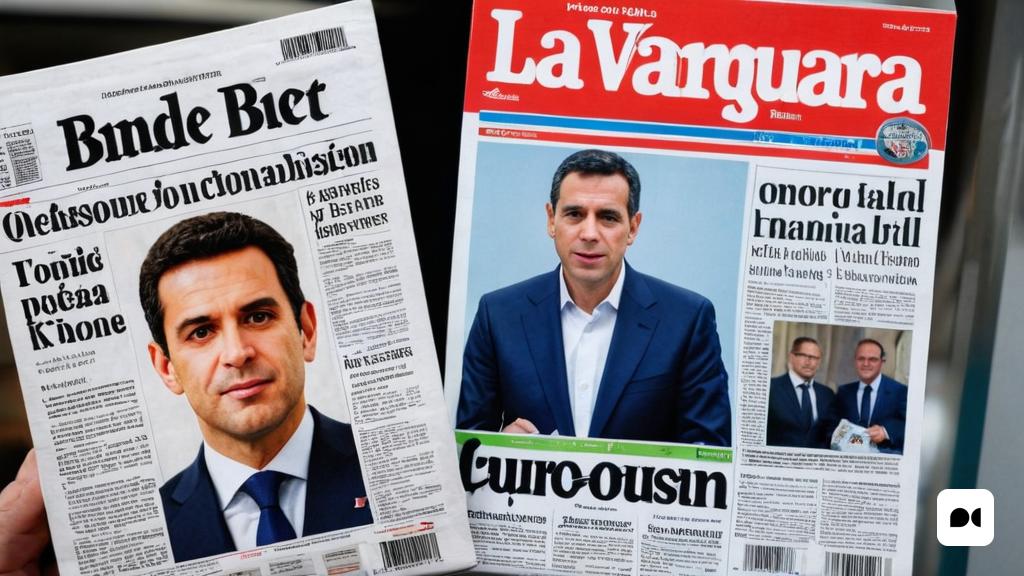A broader approach
The title of this news, at first glance, seems to indicate the opposite, since the covers of several newspapers present the European elections as a duel between Pedro Sánchez and Alberto Núñez Feijóo, between the PSOE and the PP, in Spanish. This simplistic narrative is reflected in the headlines of La Vanguardia, El Periódico, La Razón and El Mundo this Saturday. However, this narrow and partisan view hides the fundamental issues and real confrontations behind this election.
The role of the extreme right
One of the most relevant aspects of these European elections is the role that the extreme right will play in the European Parliament. Under its influence, the values, policies and alliances that underpin the European Union are called into question. These values and policies are grounded in the totalitarian ideologies that caused World War II and had an enormous human and material cost to Europe. Defeating these ideologies required the sacrifice of millions of people and left a trail of destruction and mass displacement.
The challenges of the European Union
The European elections are more important than ever, 45 years after the first. In the last two decades, the European Union has outsourced many of its functions, such as manufacturing, labor and energy supply. This has had negative consequences, such as loss of competitiveness and productivity, industrial decline and difficulties in facing technological and digital challenges. In addition, Russia exerts increasing influence over European countries, using gas as a political weapon and financing extremist movements.
Extremism and fragmentation
The rise of extremism is linked to a sense of the deterioration of the European project, which is largely the responsibility of today’s political, social, business, cultural and media leaders. This situation threatens the cohesion of governments, the effectiveness of institutions and the very viability of the European project. For the first time, extremism can influence the composition of the European Parliament and, indirectly, the election of the President of the Commission and the legislative agenda.
The importance of voting
In this context, it is crucial that the citizens of the European Union exercise their right to vote. More than 360 million people in 27 countries have the opportunity to elect the 720 members of the European Parliament. It is an opportunity to express your views and influence the future of the European Union. Despite the lack of debate on European issues during the electoral campaign in Spain, it is important that citizens are informed and participate in this democratic process.
Conclusion
The European elections cannot be reduced to a simple confrontation between Spanish political parties. It is a key moment for Europe, when it faces important challenges and must make fundamental decisions for its future. It is the responsibility of all citizens of the European Union to participate in this process and contribute to the construction of a better future for all.

